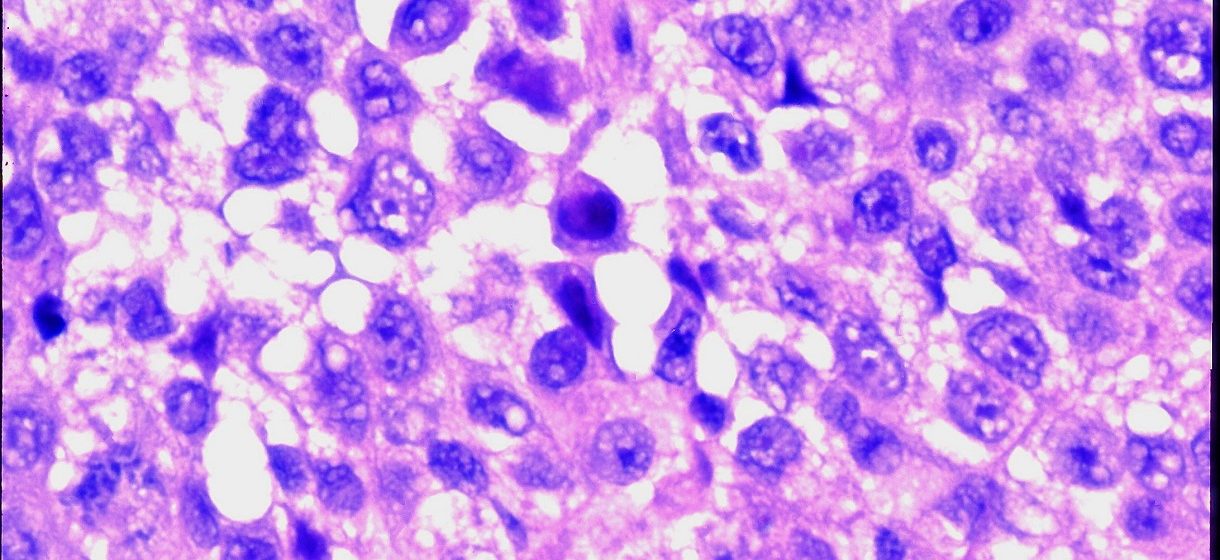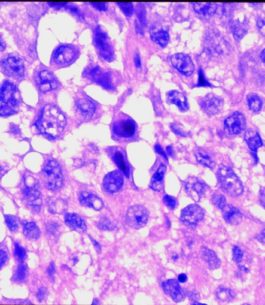In the United States, statistics from the American Cancer Society show that about one of three women and one out of two men are diagnosed with cancer. Hearing those words is a life altering event. If often takes time to absorb what is happening and too often time is of the essence when making a decision as to what to do next. Family and friends can often be helpful in guiding someone through the decisions that have to be made, though even they have to go through the process of absorbing the scary news.
Given that so many people will be affected by cancer, even if they aren’t the ones diagnosed with it, it helps to get an idea of what one can do in the situation.
- Get A Second Opinion
See another doctor to get a second opinion. Don’t accept every word that the first doctor said as gospel truth. This is especially true if that doctor is dismissive of questions or if he/she has difficulties in communicating with you. You may even need to see a third doctor if you are not sure about the diagnosis of the second doctor.
- Be Sure Of The Facts
Once sure of the diagnosis, get all the facts about the illness. Educating oneself about the disease is very important. The correct information about the disease is vitally important as it helps to determine, how to approach it, the treatment options, what to expect and what one needs to do. Beating and recovering from most cancers is possible and new strides are being made every day. Always get all of the facts.
- Write Down Every Single Question
There will be lots of questions. Write them all down Ask the doctor every one of them. Never be afraid to ask. The official page of the American Cancer Society publishes a list of questions that a cancer patient needs to ask a doctor.
- Talk To Other Cancer Patients
Getting support from those who have had cancer or are living with it will be very helpful. There are always support groups that any medical center can connect one with. It is important to talk with people who understand and have the shared experience of being diagnosed and treated for cancer. No one else can give quite the same perspective.
- Establish A Comfortable Level Of Information
There is much to learn about cancer and it is not possible to get all of the information in one fell swoop. The process, the facts, and most importantly access to the ever changing modalities of cancer diagnosis and treatment are key to giving one the best chances for recovery.
Tempus Offers The Right Information
Tempus is customizing cancer treatments by building a cancer database that collects information on how each patient is treated, what medications worked/didn’t work, and where they saw improvement. Each person is different, but by making this database accessible to all healthcare professionals, the hope is to improve treatments and diagnosis by learning from cancer patients and possibly bringing us one step further to curing cancer.
When it comes to getting the right information about cancer, Tempus is ahead of the others.
It is an organization that aims to redefine how genomic data is utilized in a clinical setting.
It is co-founded by Eric Lefkofsky, an investor in disruptive technology businesses and a University of Chicago adjunct professor. He is also the author of Accelerated Disruption: Understanding the True Speed of Innovation.
Tempus aims to leverage the massive clinical data of cancer patients that have already been gathered through the years, in order to give doctors, the information they need to properly diagnose and recommend personalized cancer treatment modalities. It has recently been granted funding of $80 million by a group of existing and new investors.
Since 2015, this organization has already received $210 million investments. This latest investment puts the value of this organization at around $1.1 billion, giving it a “unicorn” status.
Worth your time
- Non Gamstop Casinos UK
- Best Non Gamstop Casinos 2025
- Non Gamstop Casinos UK
- Non Gamstop Casinos UK
- Casinos Not On Gamstop
- Casinos Not On Gamstop
- Casino Not On Gamstop
- Casino Italiani Non Aams
- Online Casino Canada
- Non Gamstop Casinos Uk
- Best Non Gamstop Casinos
- Meilleur Casino En Ligne France
- Casino Sites Not On Gamstop
- Non Gamstop Casino Sites UK
- Casino Online Non Aams
- Casino Sites Not On Gamstop
- Non Gamstop Casinos
- Meilleur Casino En Ligne France
- Meilleur Casino En Ligne Francais
- Casino Sites Not On Gamstop
- Non Gamstop Casinos UK
- Casinos Not On Gamstop
- Migliori Siti Casino Non Aams
- Meilleur Casino En Ligne
- Casino Non Aams
- Meilleur Casino En Ligne Belgique
- Siti Non Aams
- Tennis Paris Sportif
- Site De Paris Sportif En Ligne
- Casino En Ligne France
- Sweet Bonanza Avis
- ブック メーカー おすすめ
- Online Casino App Real Money
- Casino Français En Ligne
- Casino Italia Non Aams
- Meilleur Casino En Ligne Belgique
- Meilleurs Casino En Ligne
- Nouveau Casino En Ligne
- Casino Con Crypto
- Best Crypto Casino















